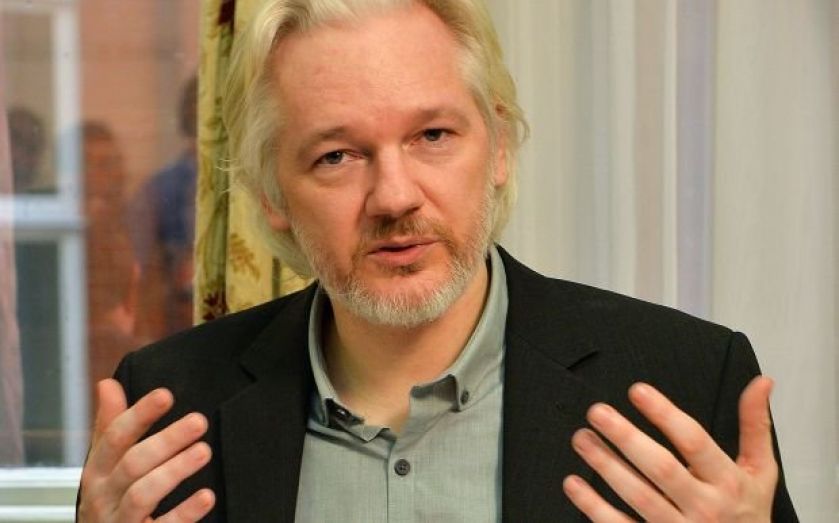| Updated:
Julian Assange timeline: From Wikileaks’ cable-leaker to Ecuadorian embassy refugee

October 2006 – Assange sets up Wikileaks as a platform for anonymous whistleblowers.
February 2010 – Wikileaks publishes a leaked cable relating to the Icesave scandal – the first classified documents supplied by Chelsea (formerly Bradley) Manning.
April 2010 – Wikileaks reveals a video called Collateral Murder, showing two US military teams shooting a group of men from Apache helicopters. Among those killed were two Reuters war correspondents. The video is watched more than 14.5m times.
May 2010 – Manning is arrested and charged with 22 offences.
July 2010 – Wikileaks releases US logs from the Afghan War, detailing civilian casualties and the names of alleged NATO informers.
August 2010 – Wikileaks comes under criticism by Amnesty International for allowing the identification of individuals. During a visit to Sweden a prosecutor orders Assange's arrest for rape and molestation, though this is terminated five days later.
September 2010 – After reviewing the original claim, the investigation is renewed by Swedish prosecutors. Assange is arrested in his absence.
October 2010 – Iraq War logs are released – the biggest single leak in US military history. Also that month Assange accepts the Sam Adams Award for integrity and ethics in intelligence.
November 2010 – A quarter of a million unclassified and confidential diplomatic cables are published simultaneously by Wikileaks and five major newspapers – including UK broadsheet The Guardian and The New York Times. U.S. Attorney-General Eric Holder confirms there is "an active, ongoing criminal investigation" into WikiLeaks. Swedish prosecutors issue an international warrant for Assange's arrest.
December 2010 – US vice president Joe Biden dubs Assange a “terrorist”; Australian Prime Minister Julia Gillard accuses him of acting illegally. Assange is named Time readers' person of the year and his autobiography is sold for at least $1.3m. He is arrested by British police and later released on bail.
February 2011 – A High Court in London approves Sweden's extradition request. Assange wins the Sydney Peace Foundation Gold Medal for Peace. That month he trademarks his name.
April 2011 – Wikileaks publishes files from Guantanamo Bay revealing details of detainees.
November 2011 – High Court dismisses Assange's appeal against extradition. He takes it to the UK's Supreme Court.
February 2012 – Assange guest-stars in The Simpsons. He records his lines at a secret location.
May 2012 – Supreme Court upholds the High Court's decision to surrender Assange to Sweden.
June 2012 – Assange requests the appeal to be re-opened; Supreme Court rejects this request. Assange then seeks political asylum at the Ecuadorian embassy in London.
August 2012 – Ecuador grants Assange asylum.
August 2014 – Assange reveals plans to leave the embassy "soon".